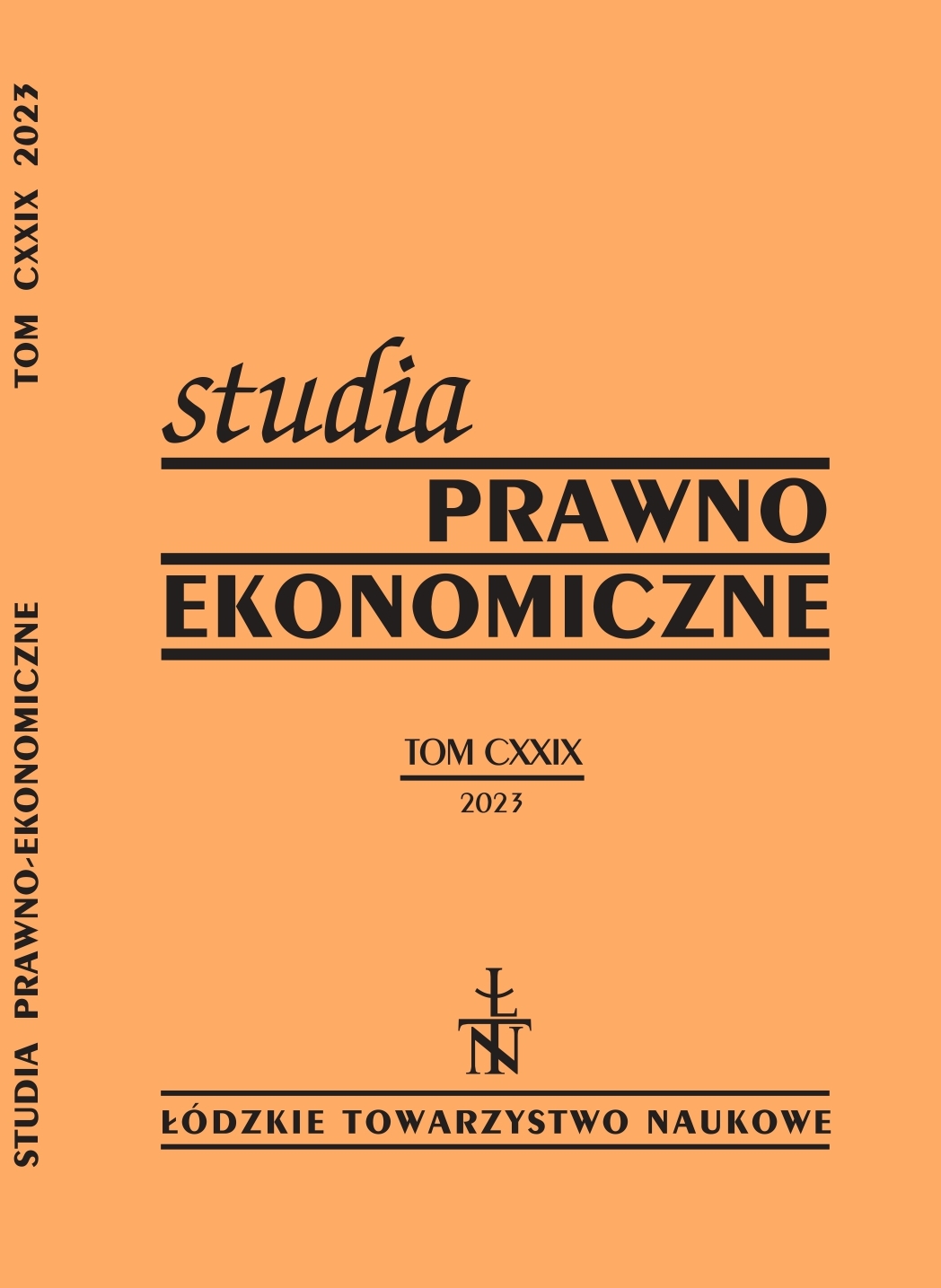APPRÉCIATION IN ABSTRACTO ET APPRÉCIATION IN CONCRETO
IN ABSTRACTO AND IN CONCRETO ASSESSMENT
Author(s): FABRICE LEDUCSubject(s): Civil Law, Philosophy of Law, Comparative Law
Published by: Łódzkie Towarzystwo Naukowe
Keywords: Concrete/Abstract assessment; fault; good faith; gross disproportion of benefits;
Summary/Abstract: Background: The legislator employs various vague and undefined concepts, referred to as standards (e.g., fault, force majeure, reasonable belief, latent defects, foreseeability of harm, substantial imbalance, etc.). These standards consist of assessing the behaviour or situation by comparing it with a reference model that allows for determining their correctness. In constructing this reference model, the judge has two assessment methods at their disposal: in concreto assessment and in abstracto assessment. Despite their common usage, this distinction lacks comprehensive conceptualization. With a primary focus on French law, this article seeks to elucidate these two assessment modes, potentially holding relevance for Polish legal practitioners as addressing a ubiquitous issue across legal jurisdictions. Research purpose: The theoretical goal is to enhance understanding regarding the distinction between in concreto and in abstracto assessment, while the practical objective is to identify the appropriate mode of assessment for each standard. Methods: Adopting an analytical approach, this study examines case law related to each standard in order to draw generalizable conclusions. Conclusions: In abstracto assessment involves evaluating a standard by comparing it to an external benchmark, while in concreto assessment involves evaluating a standard by referencing the behaviour of the subject(s) to which the standard applies. In concreto assessment may be applied only when the standard aims to protect the subject; otherwise, in abstracto assessment should be applied. Within these two assessment methods, there exists an internal division. In concreto assessment may be psychological or fact-based. The former entails consideration of the subjectʼs thoughts, beliefs, or feelings, while the latter pertains to how the assessed subject normally behaves. In abstracto assessment can be simple or more sophisticated. The former involves evaluating a standard with reference to a single external benchmark: a reasonable person. The latter involves assessing a standard with reference to a refined external model, constructed using one or more characteristics of the assessed behaviour (e.g., comparing the behaviour of a professional to that of a typical professional in the same industry).
Journal: Studia Prawno-Ekonomiczne
- Issue Year: 2023
- Issue No: 129
- Page Range: 9-21
- Page Count: 13
- Language: French

